Collagen Supplements: The Pros, Cons, and Alternatives
Collagen is the glue protein that is found in human skin and connective tissues. It is the most abundant protein in the body and it helps maintain the skin's elasticity and structure. It is also an essential building block for skin, blood vessels, bones, and other tissues. Additionally, it has positive effects on maintaining joint health, muscle mass and gut health. (1)
As we age, our body's natural collagen production slows down, leading to wrinkles and other physical signs of aging (1). To combat this, many people turn to collagen supplements as a way to boost their collagen levels, but are these supplements really effective? Let's take a look at the pros and cons of taking collagen supplements and explore some alternatives. (2)
Blog Contents
Pros of Taking Collagen Supplements
There are several potential benefits to taking collagen supplements. For one thing, they can help reduce wrinkles and fine lines by providing your body with the amino acids it needs to build new collagen structures. (3)
Additionally, they may help improve skin hydration since collagen plays a role in trapping water in tissues. Some collagen supplements also contain hyaluronic acid; this acid helps lock in moisture in the skin which helps keep it looking plump and hydrated. Furthermore, there is evidence that suggests that collagen supplementation may help reduce joint pain associated with arthritis due to its anti-inflammatory properties. (3,4)
When it comes to gut health, collagen supplements may help improve your digestion, reduce inflammation and irritation in the stomach lining and support healthy bacteria growth. Collagen contains peptides that are known to have a prebiotic effect on gut bacteria, supporting their growth and protecting them from harmful invaders. It also helps repair any damage caused by a leaky gut. (1,4)
Collagen products do not only contain the building blocks of collagen, they can also act as signalling molecules that support building in the case that they are standardized to a low molecular weight.
Cons of Taking Collagen Supplements
How Does Collagen Get Digested?
Once collagen is ingested from the mouth and enters the stomach, collagen begins to break down into small peptides and amino acids that are easily absorbed by the body.
These amino acids then pass through the small intestine where they are absorbed into the bloodstream to be circulated throughout the body. Along with these amino acids, some of these Collagen-derived Peptides travel further down to the large intestine where they are further broken down by enzymes before being absorbed into the bloodstream.
Once absorbed into the bloodstream, collagen can reach any area of the body due to its small size. The collagen peptides reach connective tissue cells and stimulate them to create new collagen molecules for use in various parts of the body such as skin, bones, joints and muscles.
The leftover peptides not used by cells will eventually be passed through the digestive system and excreted. (1,3,5)
Whole Collagen, vs Collagen Peptides
Even though there are some potential benefits to taking collagen supplements, there are also some downsides you should consider before taking them. Firstly, there is no guarantee that these supplements will actually increase your body’s own natural collagen production or have any long-term anti-aging effects on your skin since your body has difficulty absorbing large molecules like those found in certain types of collagen supplement powder. (5)
Collagen peptides are easier to absorb than whole collagen and are more likely to have a beneficial effect. When it comes to whole collagen, taking collagen supplements may not be any better than taking the individual building blocks that make collagen. Collagen supplements get digested in the same way as other proteins, by being broken down into smaller compounds which can be used by the body. Once digested and absorbed, collagen works to support the health of skin, bones, joints, muscles and connective tissues. (6)
Synthesis co-factors are also very important for the maintenance of healthy collagen levels in the body. Bamboo Silica, vitamin C, and copper are very important for the synthesis of new tissues from supplemental collagen.
How Clean is Your Collagen?
The possibility of contamination of collagen supplements with toxins is a real concern for many consumers. Collagen supplements are derived from a variety of sources, including animals, fish, and plants, and each source has its own set of potential contaminants.
The most common contaminants found in different collagen sources include heavy metals such as lead, mercury, and arsenic; bacteria; and fungal toxins such as aflatoxin. Exposure to these contaminants can lead to serious health problems, including neurological damage, higher risk of cancer, impaired growth and development, skin irritation and rashes, digestive issues such as nausea and vomiting, liver stress, kidney stress, birth defects in pregnant women or infants who consume contaminated products.
Additionally, some contaminants have been linked to autoimmune disorders and compromised immune systems. It is important that consumers always buy collagen supplements from reputable sources to ensure the highest quality product is free from harmful toxins.
Collagen Alternatives
Taking collagen peptides is an excellent alternative to taking collagen because they are easier to absorb and digest. Collagen peptides are broken down into smaller molecules, making them more bioavailable than regular collagen. Additionally, they may have higher levels of amino acids, which promote faster absorption in the body. Additionally, taking collagen peptides has been found to increase skin hydration and elasticity, as well as reduce joint pain from inflammation. (4,7)

What is Vegan Collagen and Why Should We Care?
Vegan collagen is a type of dietary supplement that provides the body with essential proteins found in collagen. It is made from plant-based sources, such as sprouted grains, fruits, and vegetables. These plant-based sources are packed with amino acids and peptides that work to support healthy skin, bones, and joints. When taken regularly, vegan collagen can provide many of the same benefits as animal-based collagen supplements. It is also free of animal products, making it an ideal option for vegans and vegetarians.
Furthermore, broken-down, protein-based vegan collagen support supplements may be easier for the body to absorb than animal-based collagen due to their high bioavailability. This means that the body can use it more efficiently than other forms of dietary supplementation. Additionally, vegan collagen has been shown to have anti-aging effects on the skin by promoting cell regeneration and reducing wrinkles and fine lines. Therefore, vegan collagen can be a great choice for those looking for an alternative way to supplement their diet with beneficial proteins.
Why Collagen is Sometimes Not Enough
The single amino acids that are essential for wound healing and collagen building are glycine, proline and hydroxyproline. Glycine is necessary to form the triple helix shape of collagen while also providing strength and elasticity to the connective tissue.
Proline is important for maintaining the structure of the triple helix and hydroxyproline helps with stability. In addition, co-factors such as vitamin C, copper, iron, zinc and silicon are required to help repair damaged tissue and speed up the formation of new collagen fibers. Supplementing with these nutrients can help to ensure that wounds heal quickly and collagen is rebuilt properly.
Amino acids are essential components of proteins and play an important role in wound healing. The most critical amino acids for wound healing include glycine, arginine, proline, cysteine, glutamine and tyrosine.
Glycine is important for collagen production and tissue repair. Arginine is necessary in order to activate immune responses that are necessary for the body to heal itself. Proline helps with cell growth and tissue repair.
Cysteine helps to rebuild weakened tissue after injury or trauma. Glutamine plays a role in cell proliferation, promoting wound healing. Tyrosine helps collagen formation which is necessary for healing skin wounds.
Building healthy tissues can significantly help with future injury prevention. Scientific evidence demonstrates that adding simple natural ingredients can significantly help enhance the health benefits of even the best collagen supplements.
A Word on Collagen Gummies
Collagen gummies are often high in sugar, which can be unhealthy for those with diabetes or those trying to watch their sugar intake
Collagen supplements come in many forms, but collagen gummies are not always well-absorbed by the body, so you may not get the full benefits of the supplement
The cost of collagen gummies can be expensive and they may not provide enough benefits to justify the price
Collagen gummies may contain artificial sweeteners and other additives that could have an adverse effect (food allergies) on your health if consumed in large amounts
May contain pro-oxidants that are formed due to high-hear processing that lead to the formation of free radicals in the body
Why You Should Not Add Collagen to Coffee
Many people add collagen peptides to their coffee as an easy method for consumption, but this might not be so effective after all.
Coffee contains tannic acid which can reduce collagen absorption. Tannic acid is known to bind with proteins like collagen, making it more difficult for the body to absorb and utilize them effectively. This can lead to a reduction in the potential benefits of taking collagen supplements when consumed with coffee. It's important to keep this in mind when considering how to consume your daily dose of collagen to ensure you are getting the most out of your supplement regimen.
Additionally, adding milk or creamer may interfere with absorption since calcium binds with collagen and makes it difficult for the body to fully absorb it.
This means that even if you are taking collagen supplements, you may not be getting the full benefits if you are consuming them through your coffee.
Silica Vs. Collagen?
Silica is an essential mineral that plays an important role in many bodily processes, including the formation of connective tissue, bones, and teeth. It helps regulate the body's pH balance and aids in the absorption of calcium and other minerals. Unlike collagen, which is a protein produced by the body to form strong connective tissue, silica is not naturally produced by the body but must be obtained from food sources or supplements. Silica helps promote healthy skin, hair, nails, bones, ligaments and tendons and may also help reduce joint pain associated with aging. (8)
Silica plays an important role in collagen synthesis as it helps to facilitate the cross-linking of amino acid chains, which is essential for the formation of strong, stable collagen fibres. Silica also helps to stabilize the formation of collagen and can increase its strength and elasticity. Additionally, silica can help reduce cell damage and inflammation that can occur due to free radicals.
Is There Silica in Collagen?
Yes, silica is present in collagen. Silica helps to build collagen by stimulating fibroblasts within the body, which are responsible for the production of collagen fibres. In addition, it helps promote healthy hair, skin, and nails by providing essential trace minerals and nutrients that stimulate the production of collagen fibres. Finally, silica increases the absorption of other minerals necessary for tissue repair and regeneration. (8)
Conclusion
In conclusion, collagen supplements have both pros and cons. While they may help improve skin health, joint function, and gut health, sometimes, their absorbability and purity is questionable. Additionally, some collagen supplements may contain additives or be unsuitable for those with certain dietary restrictions. Alternatives to collagen supplements include naturally rich in collagen-boosting nutrients like Vitamin C, silica and amino acids, and practising healthy lifestyle habits such as staying hydrated and getting enough sleep. Ultimately, the decision to take collagen supplements or collagen boosters should be made after consulting with a healthcare professional and considering individual needs and preferences.
Article References:
Kisling A, Lust RM, Katwa LC. What is the role of peptide fragments of collagen I and IV in health and disease?. Life sciences. 2019 Jul 1;228:30-4.
Skov K, Oxfeldt M, Thøgersen R, Hansen M, Bertram HC. Enzymatic hydrolysis of a collagen hydrolysate enhances postprandial absorption rate—a randomized controlled trial. Nutrients. 2019 May 13;11(5):1064.
Arias L. Collagen supplements: trend or truth for the treatment of ageing skin in menopausal women?. Journal of Aesthetic Nursing. 2021 Nov 2;10(9):402-6.
Hoeve CA, Kakivaya SR. On the structure of water absorbed in collagen. The Journal of Physical Chemistry. 1976 Mar;80(7):745-9.
Osawa Y, Mizushige T, Jinno S, Sugihara F, Inoue N, Tanaka H, Kabuyama Y. Absorption and metabolism of orally administered collagen hydrolysates evaluated by the vascularly perfused rat intestine and liver in situ. Biomedical Research. 2018 Feb 1;39(1):1-1.
Yamamoto S, Deguchi K, Onuma M, Numata N, Sakai Y. Absorption and urinary excretion of peptides after collagen tripeptide ingestion in humans. Biological and Pharmaceutical Bulletin. 2016 Mar 1;39(3):428-34.
Williams JZ, Abumrad N, Barbul A. Effect of a specialized amino acid mixture on human collagen deposition. Annals of surgery. 2002 Sep;236(3):369.
Niu LN, Jiao K, Qi YP, Yiu CK, Ryou H, Arola DD, Chen JH, Breschi L, Pashley DH, Tay FR. Infiltration of silica inside fibrillar collagen. Angewandte Chemie. 2011 Dec 2;123(49):11892-5.









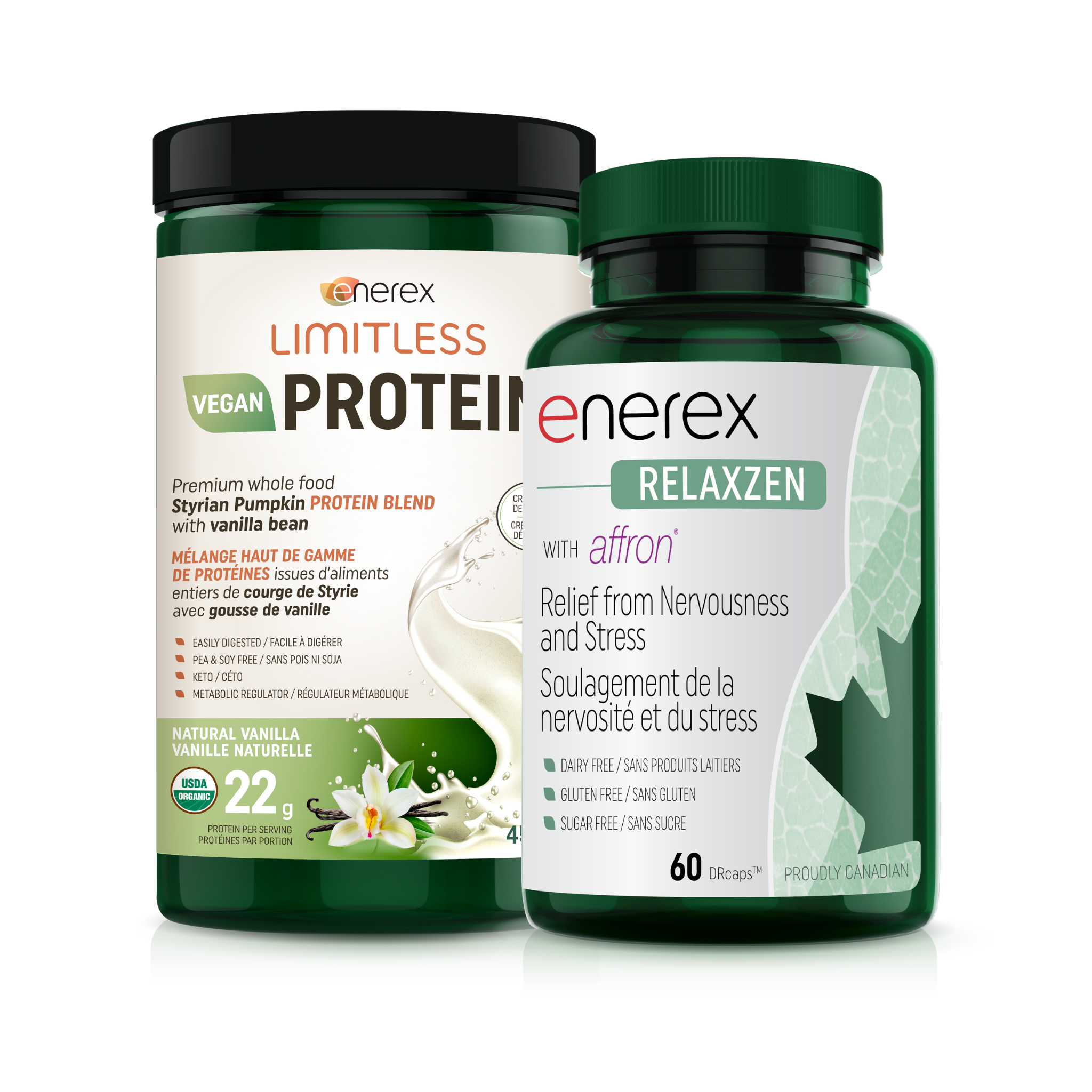
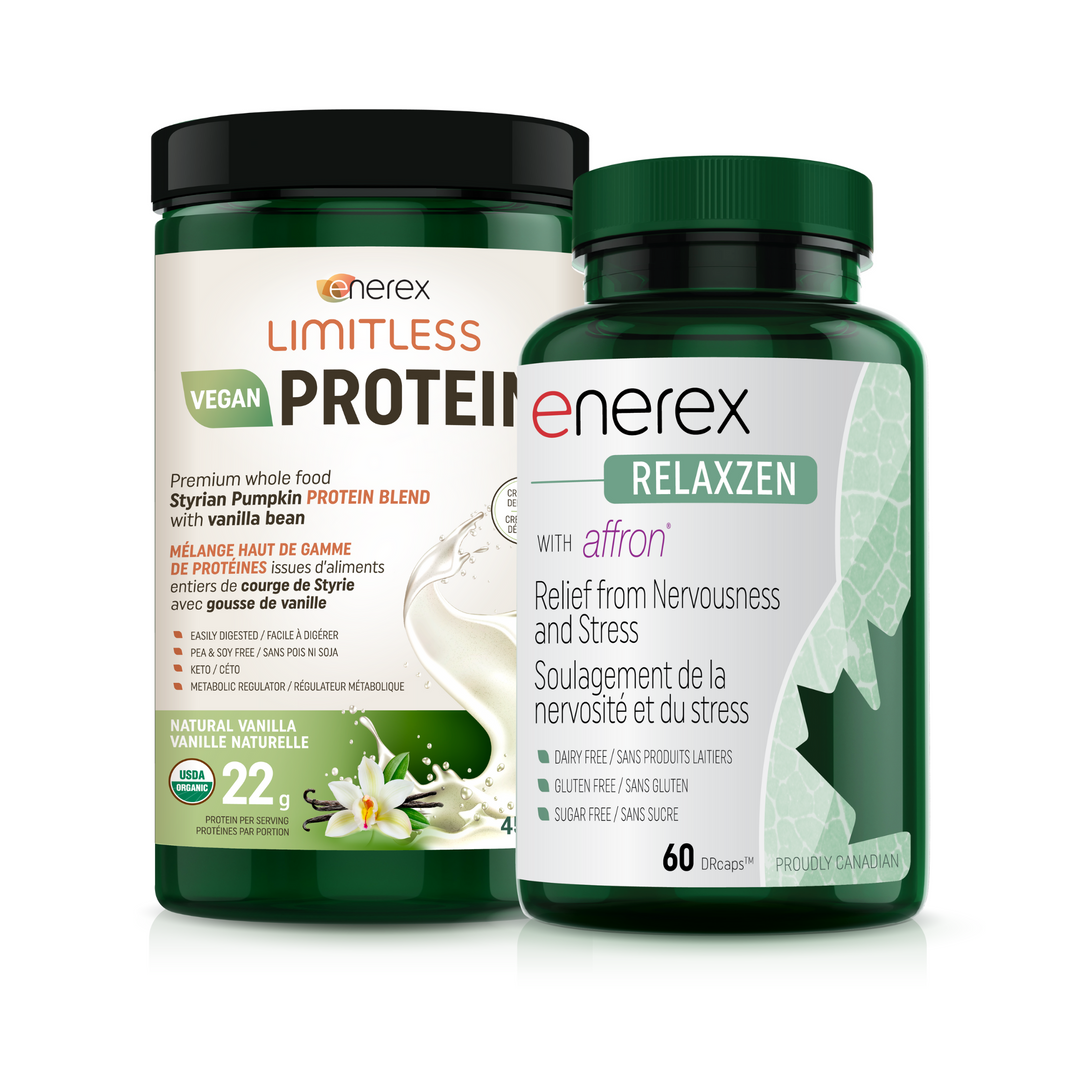
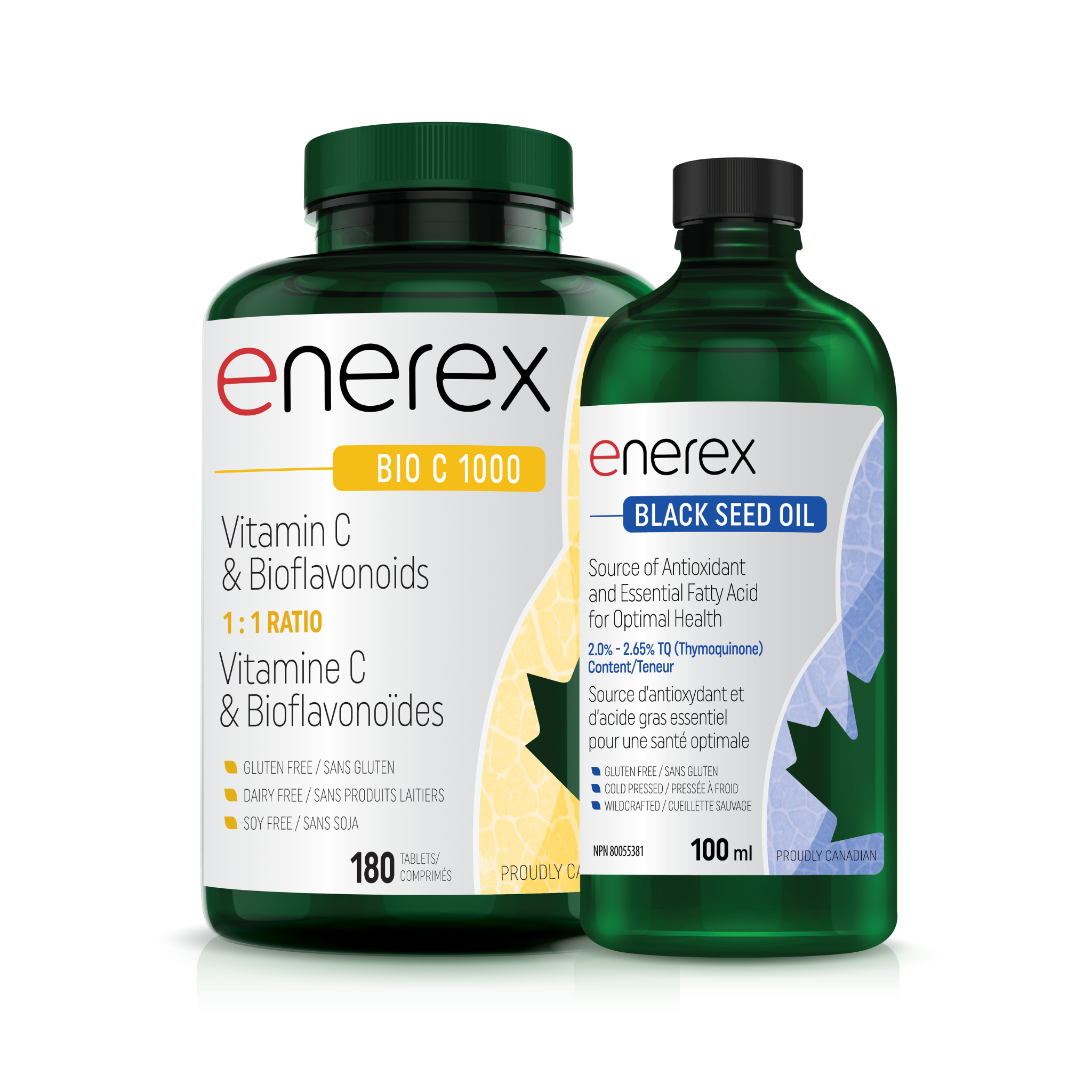
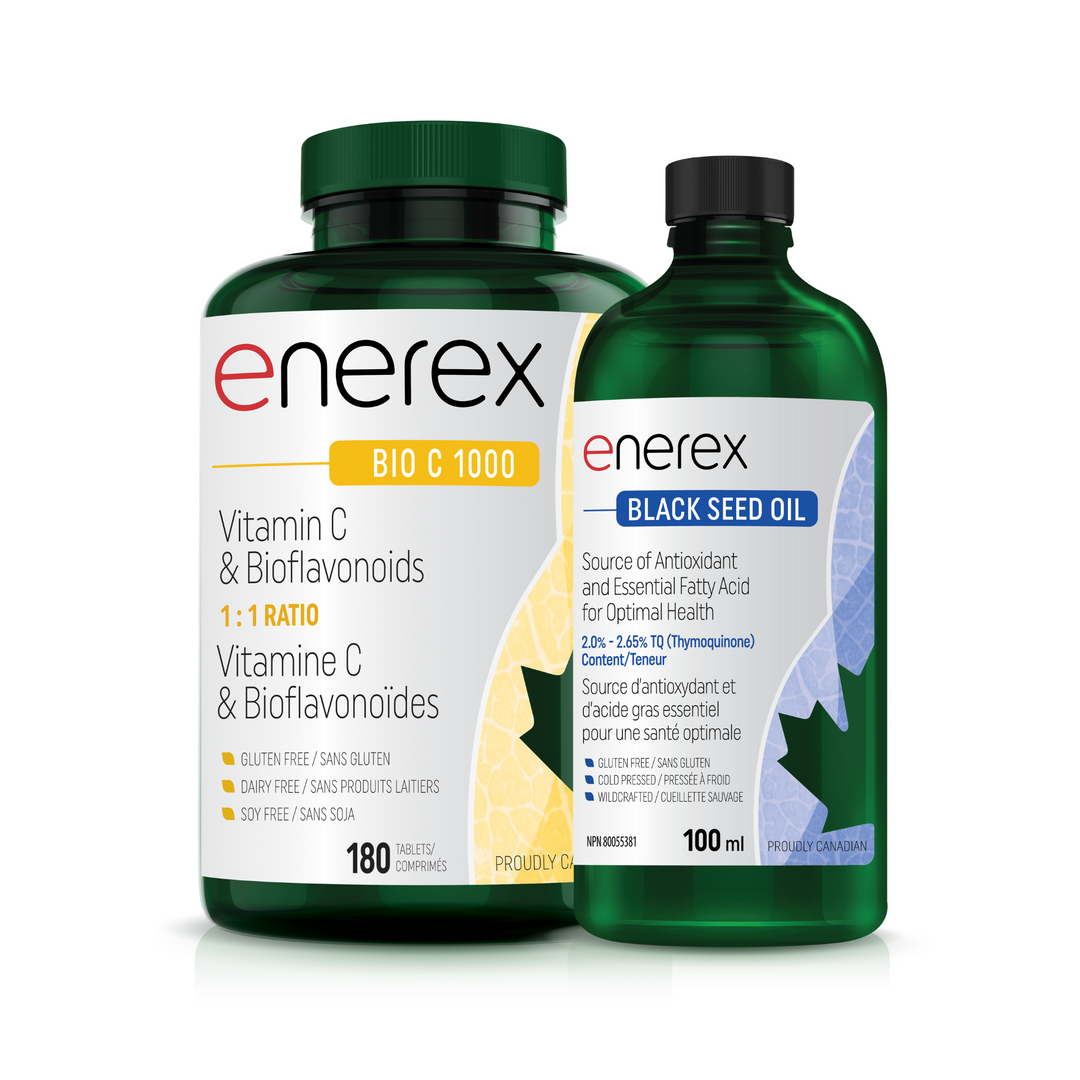
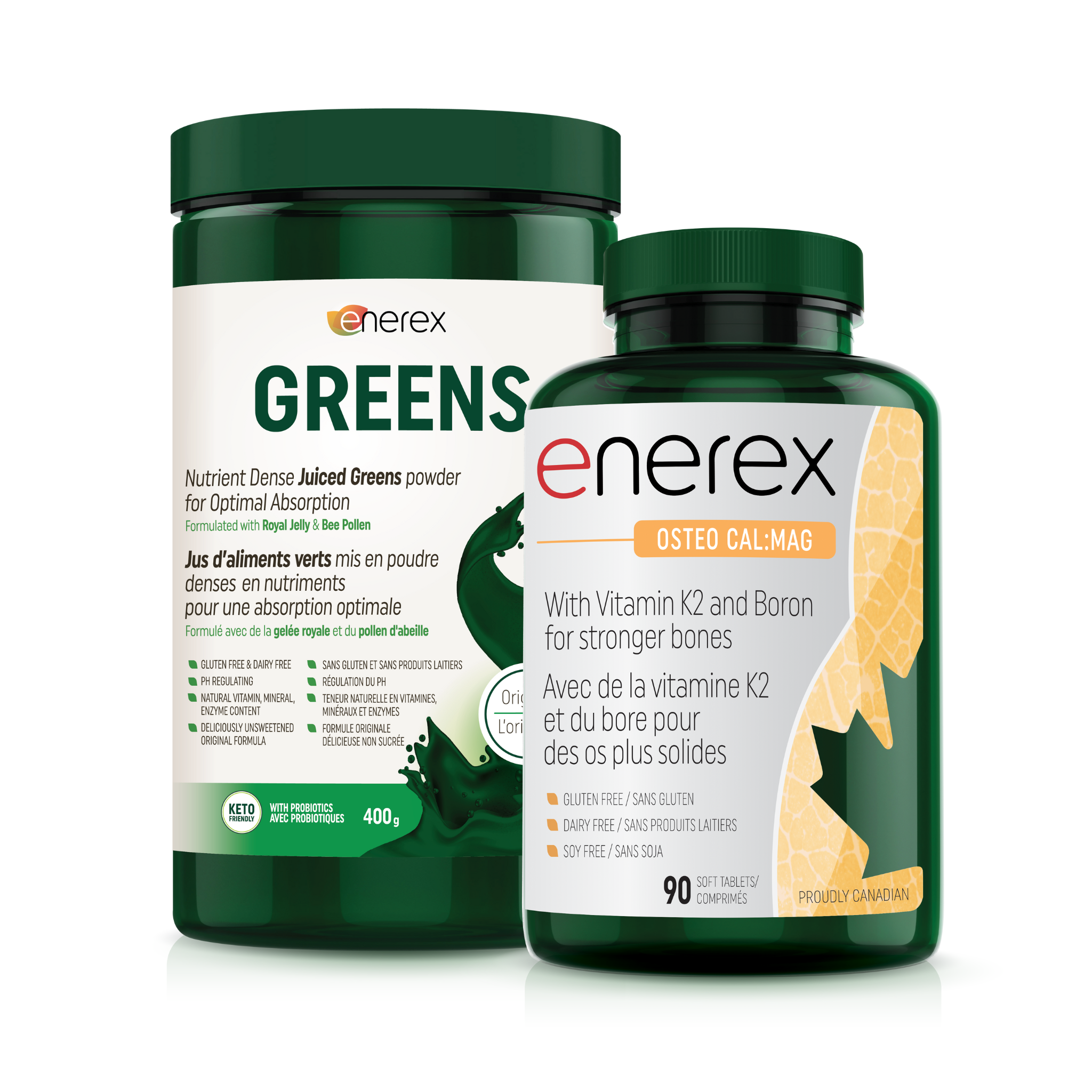
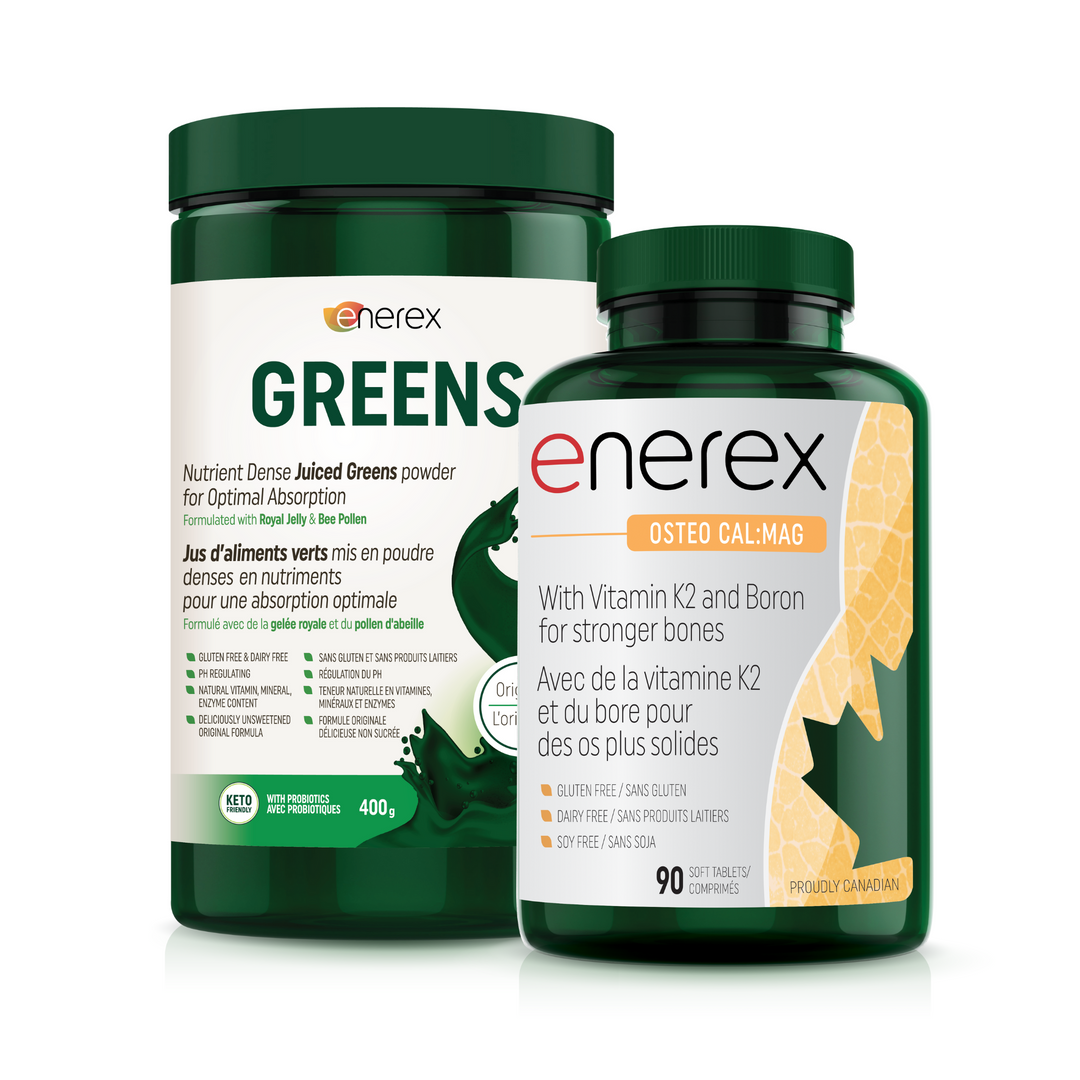
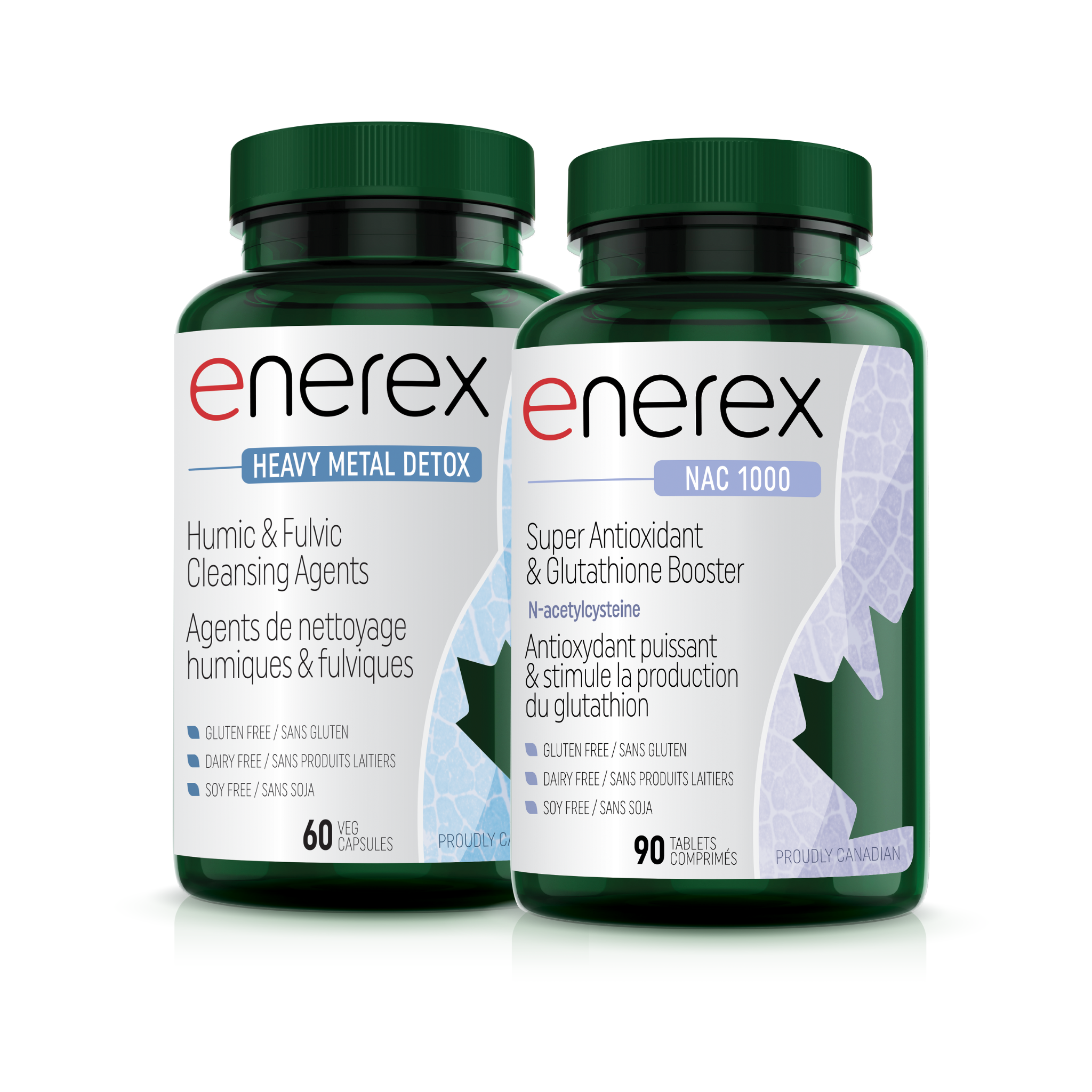
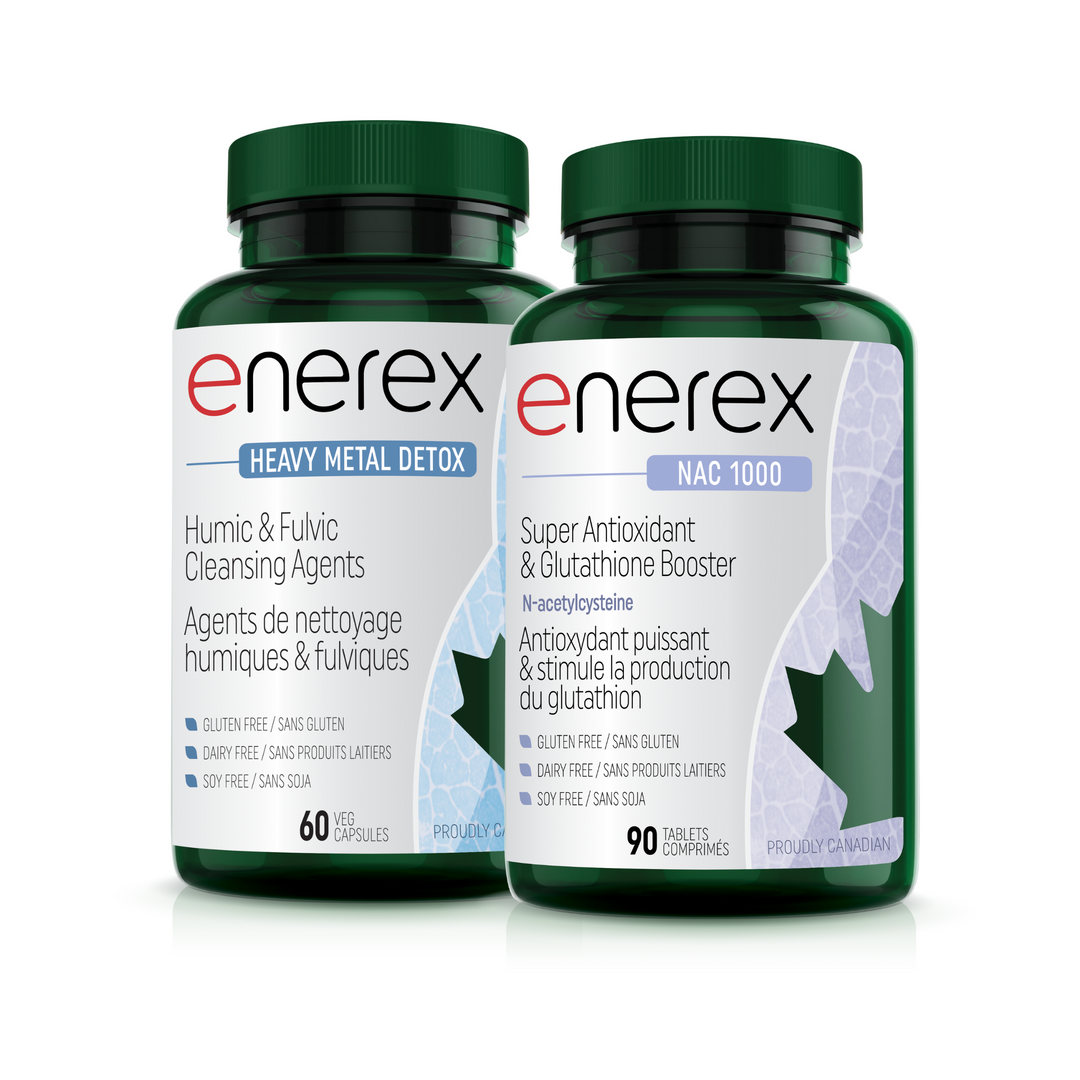
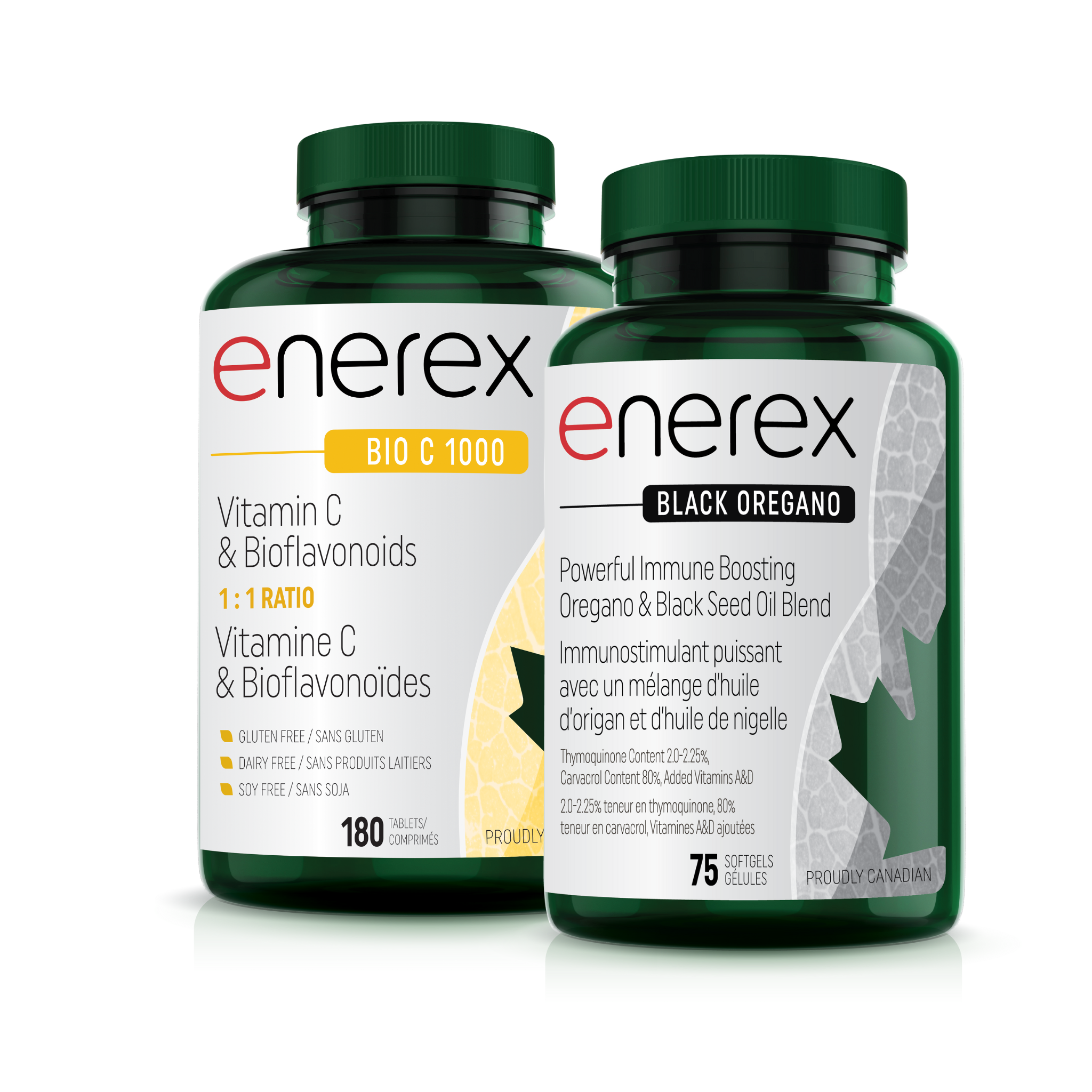
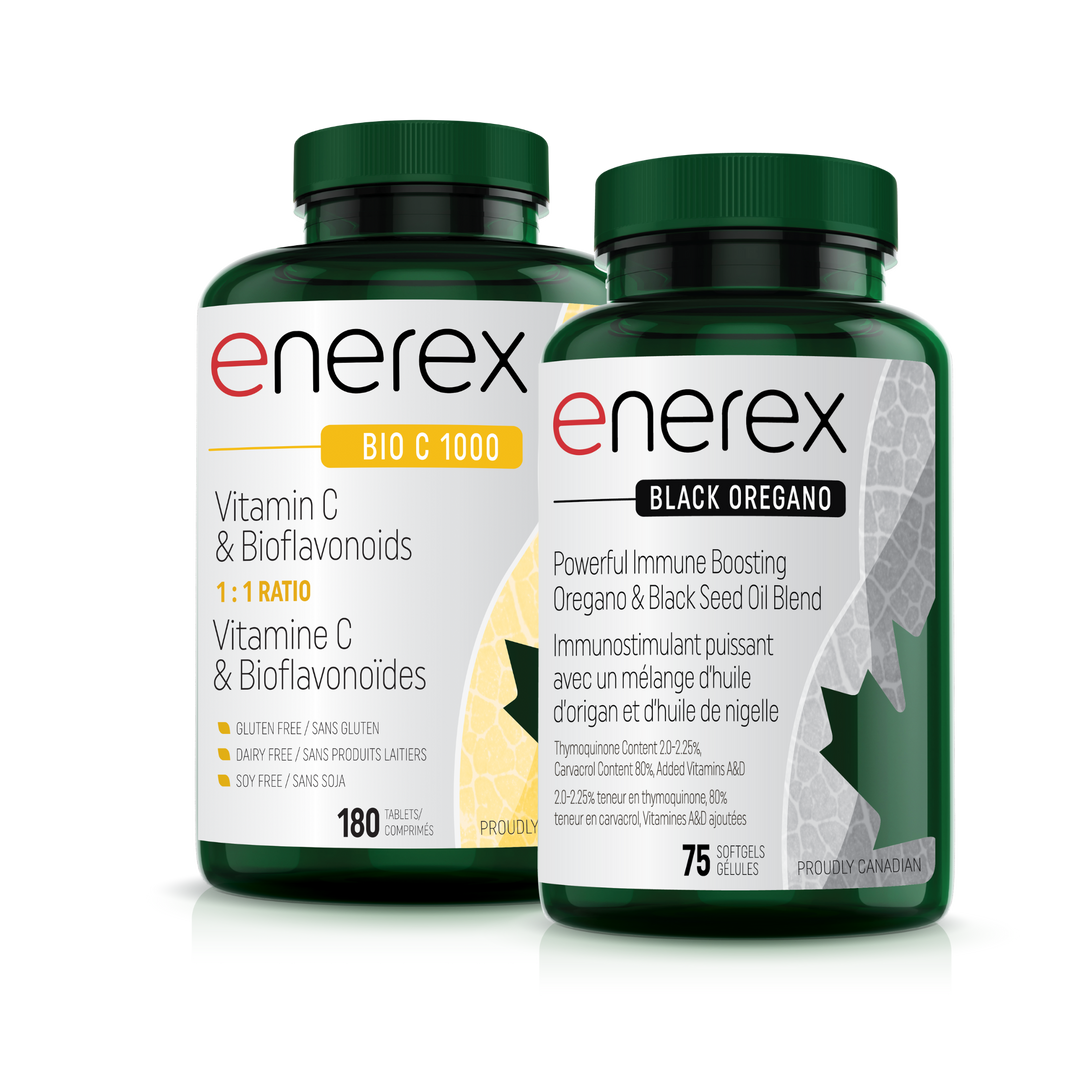
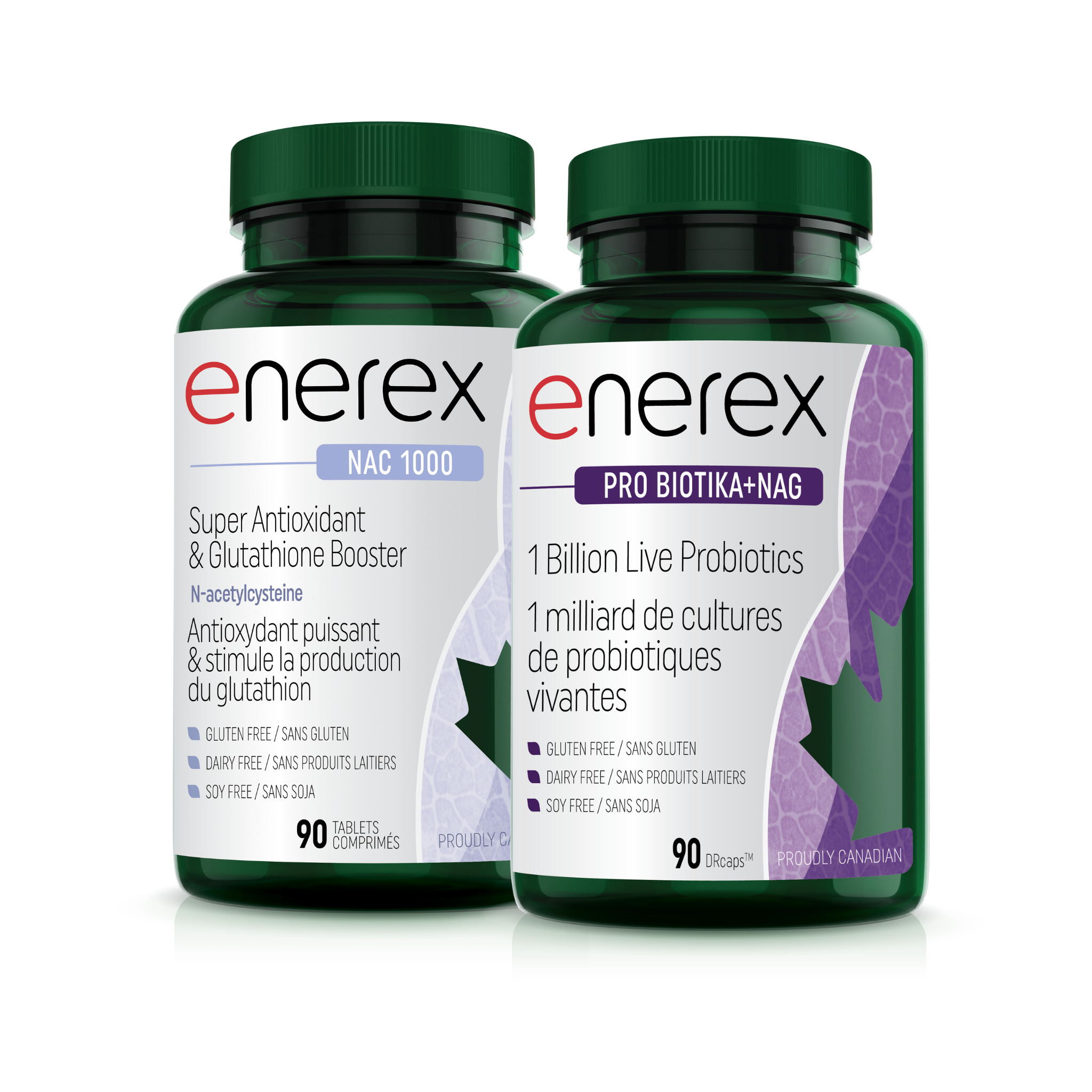
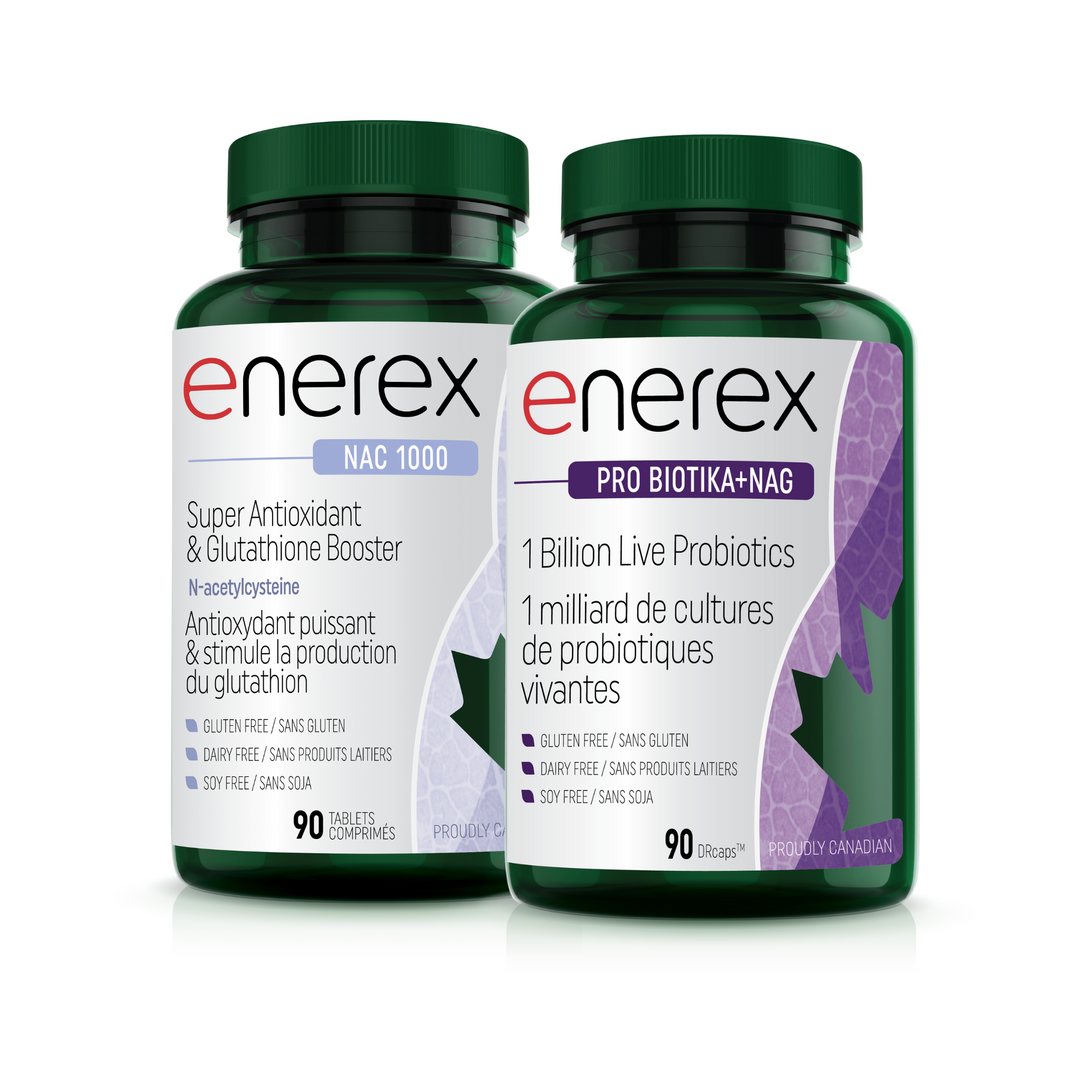
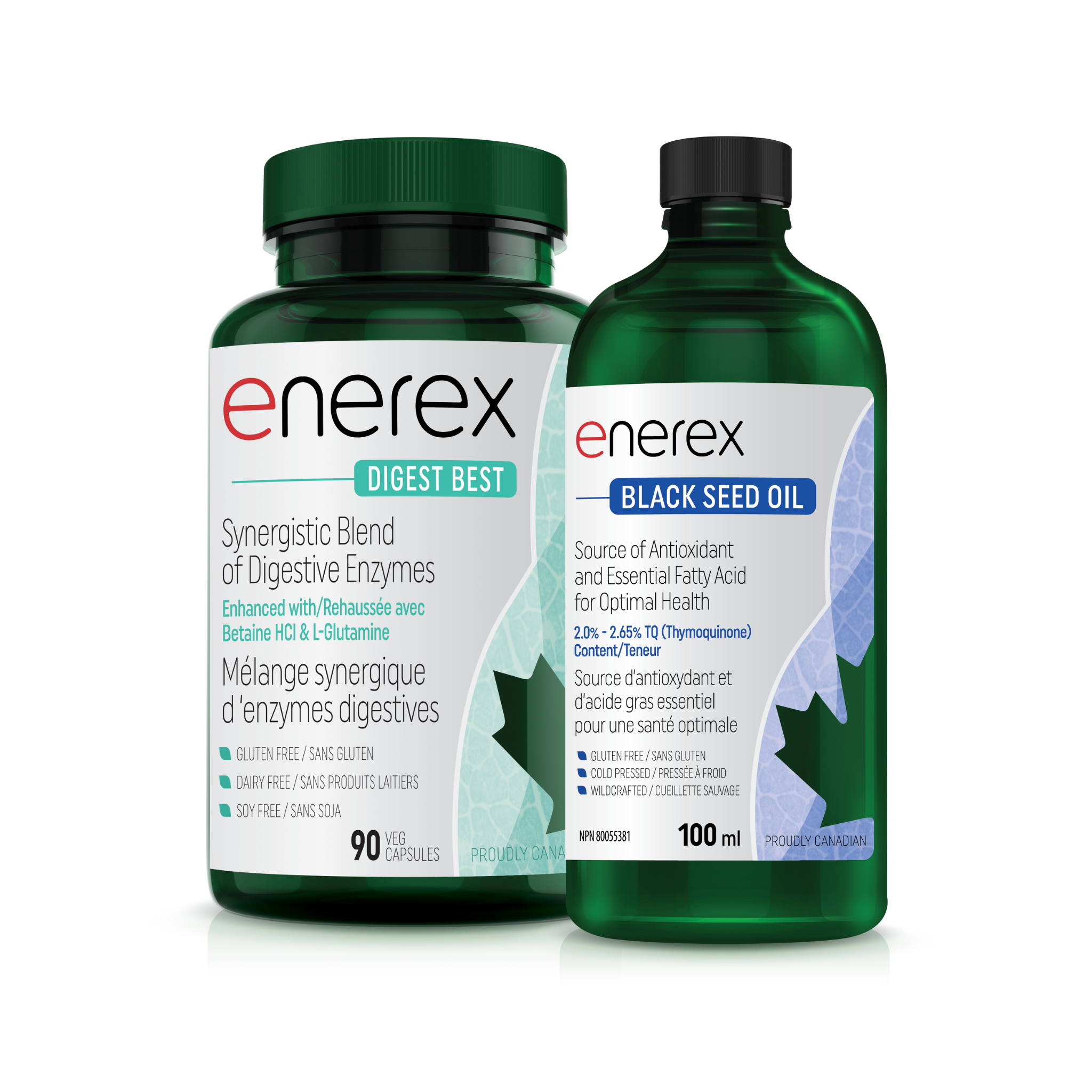
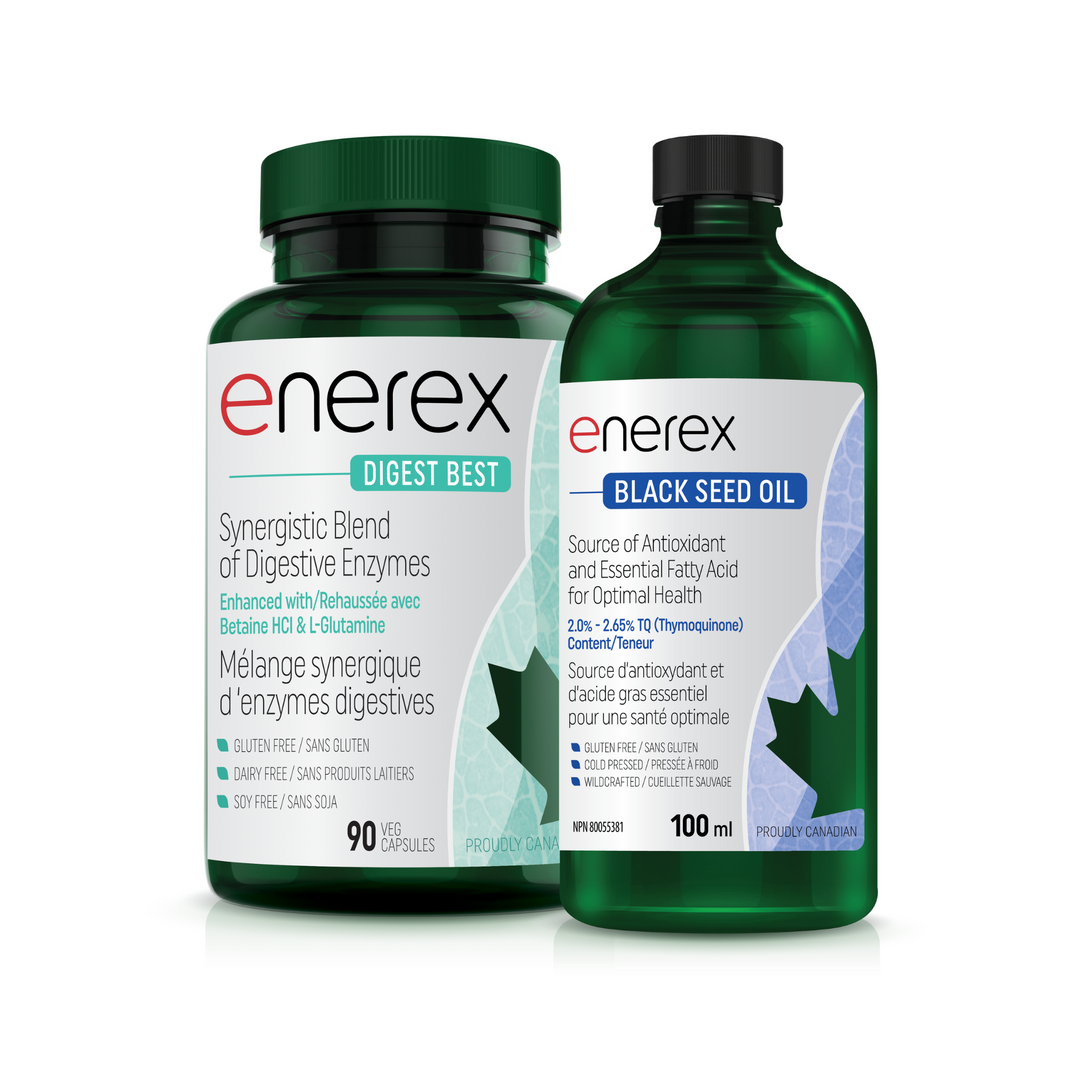
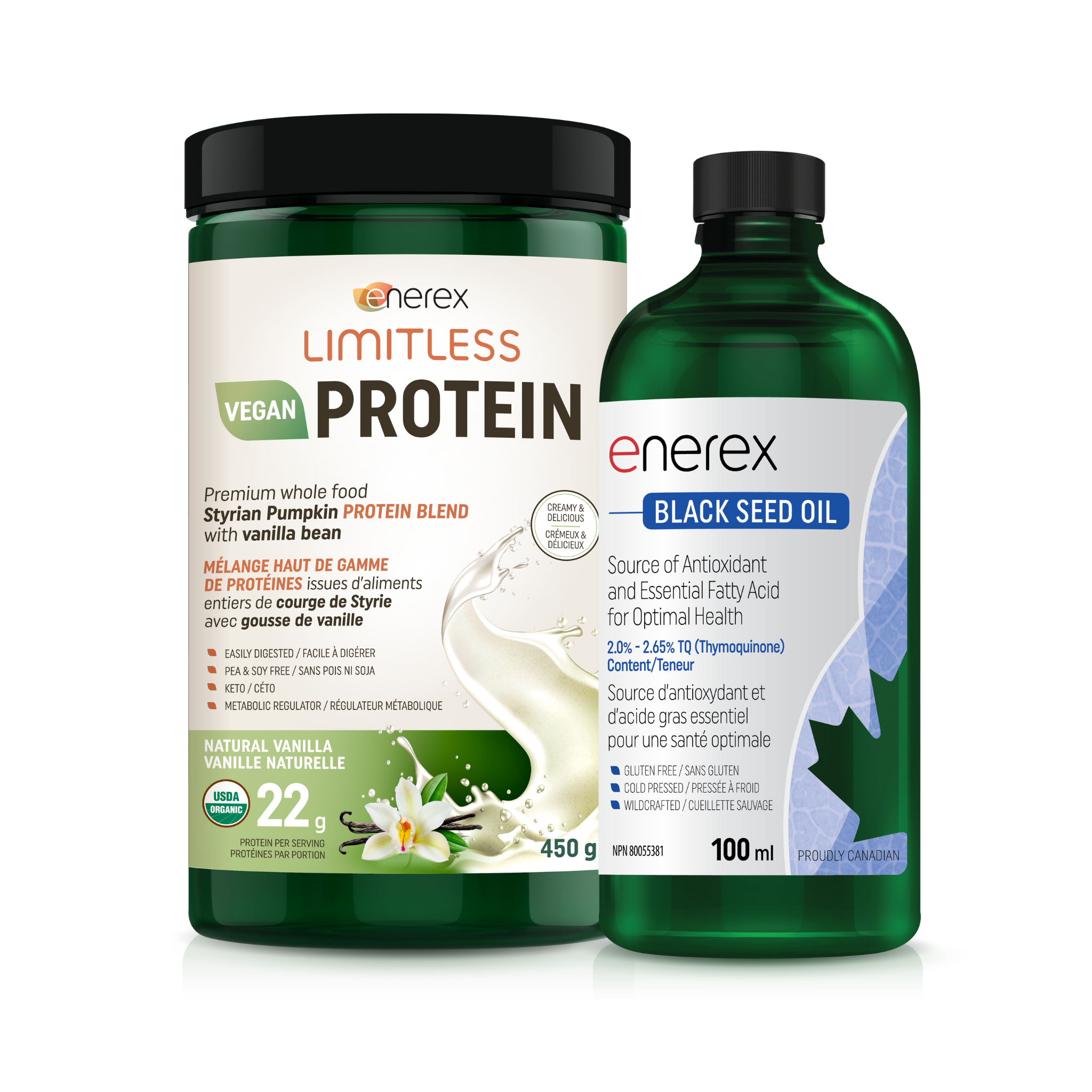
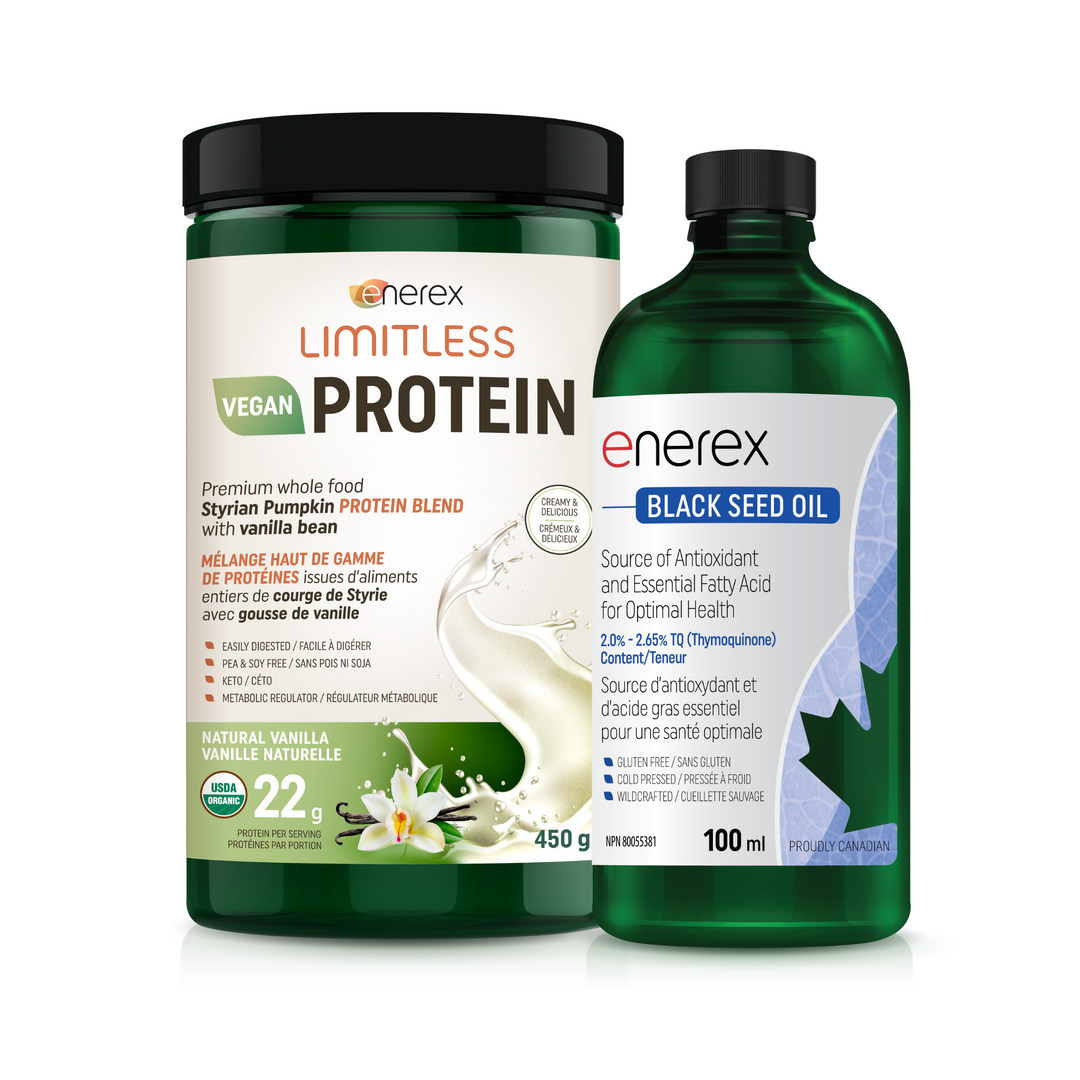
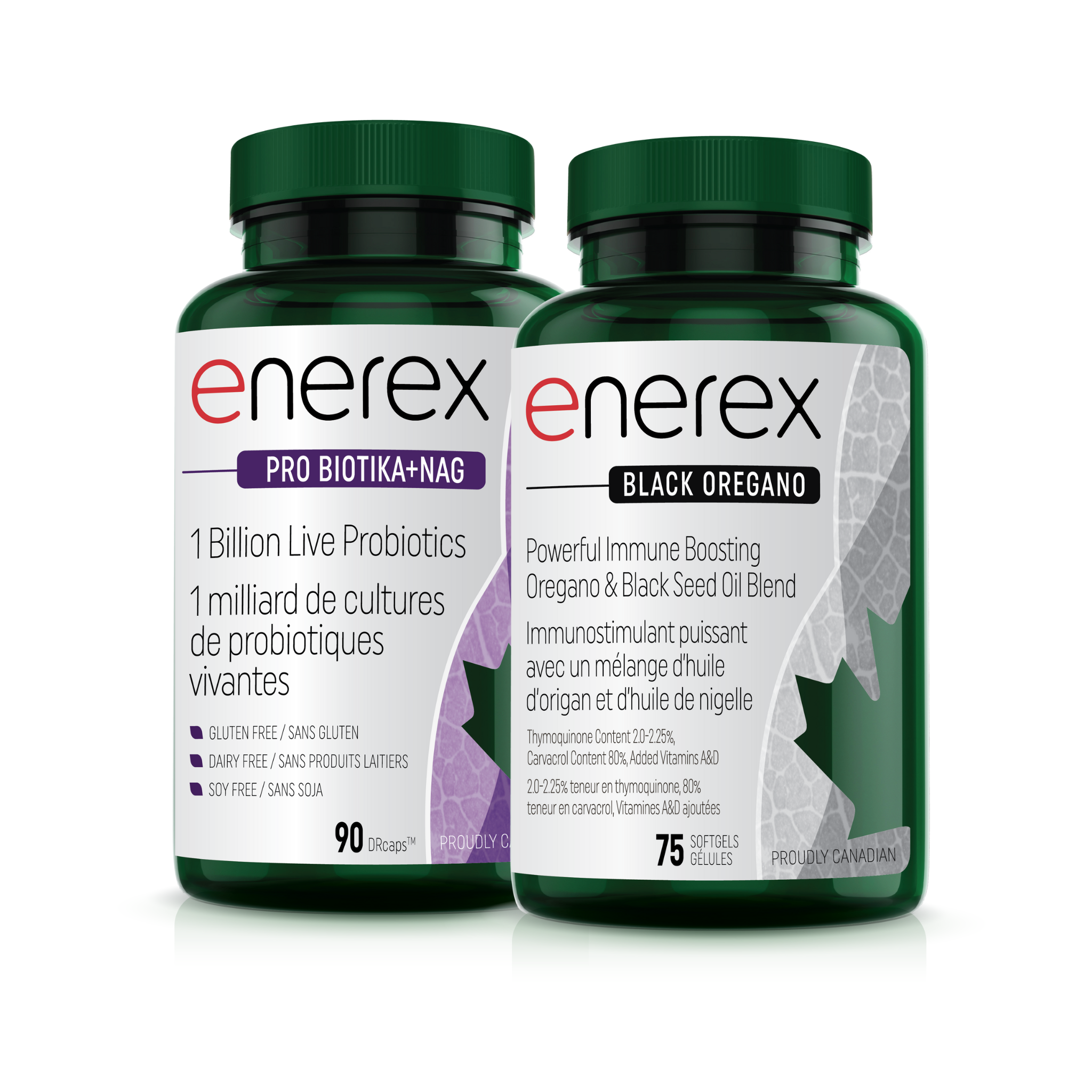
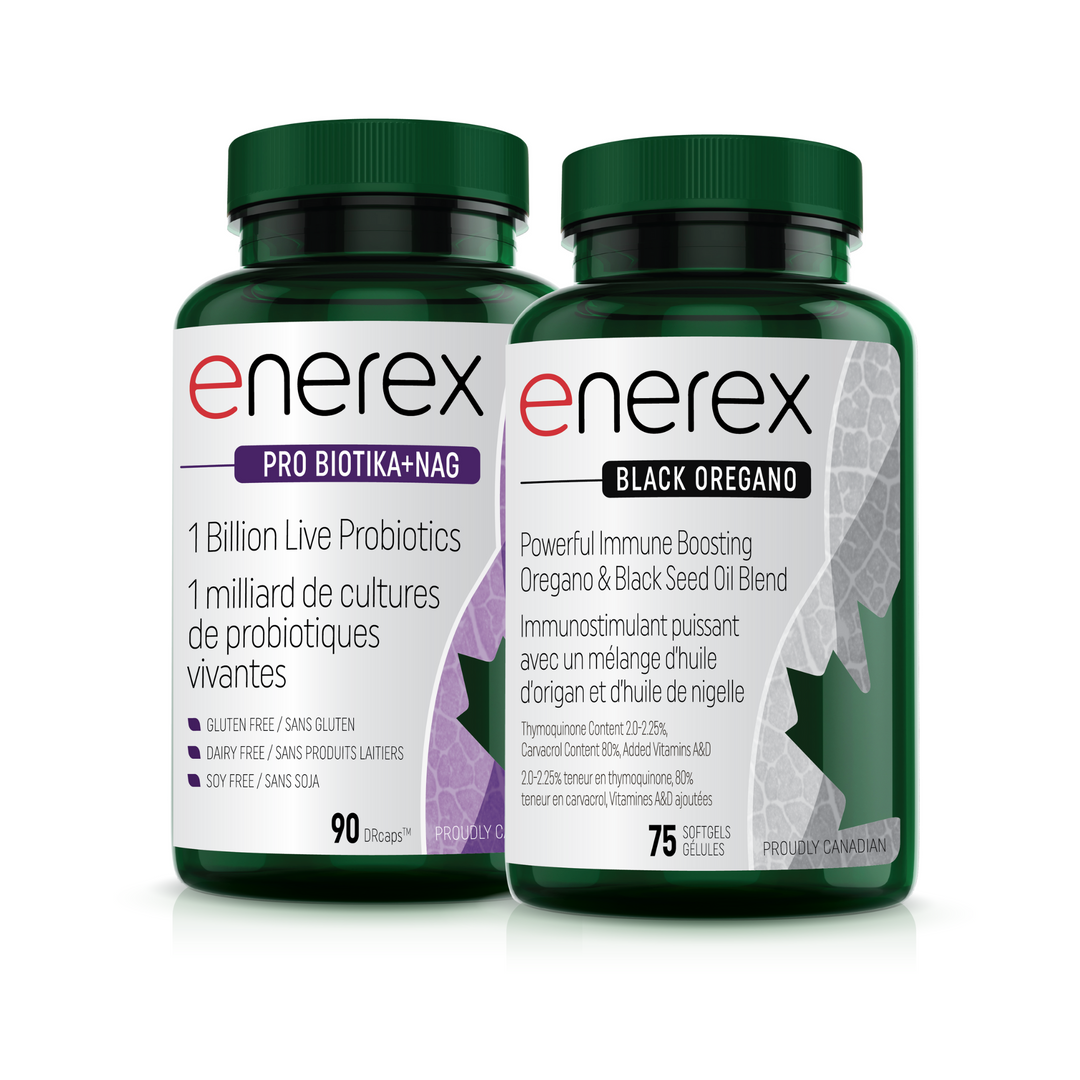
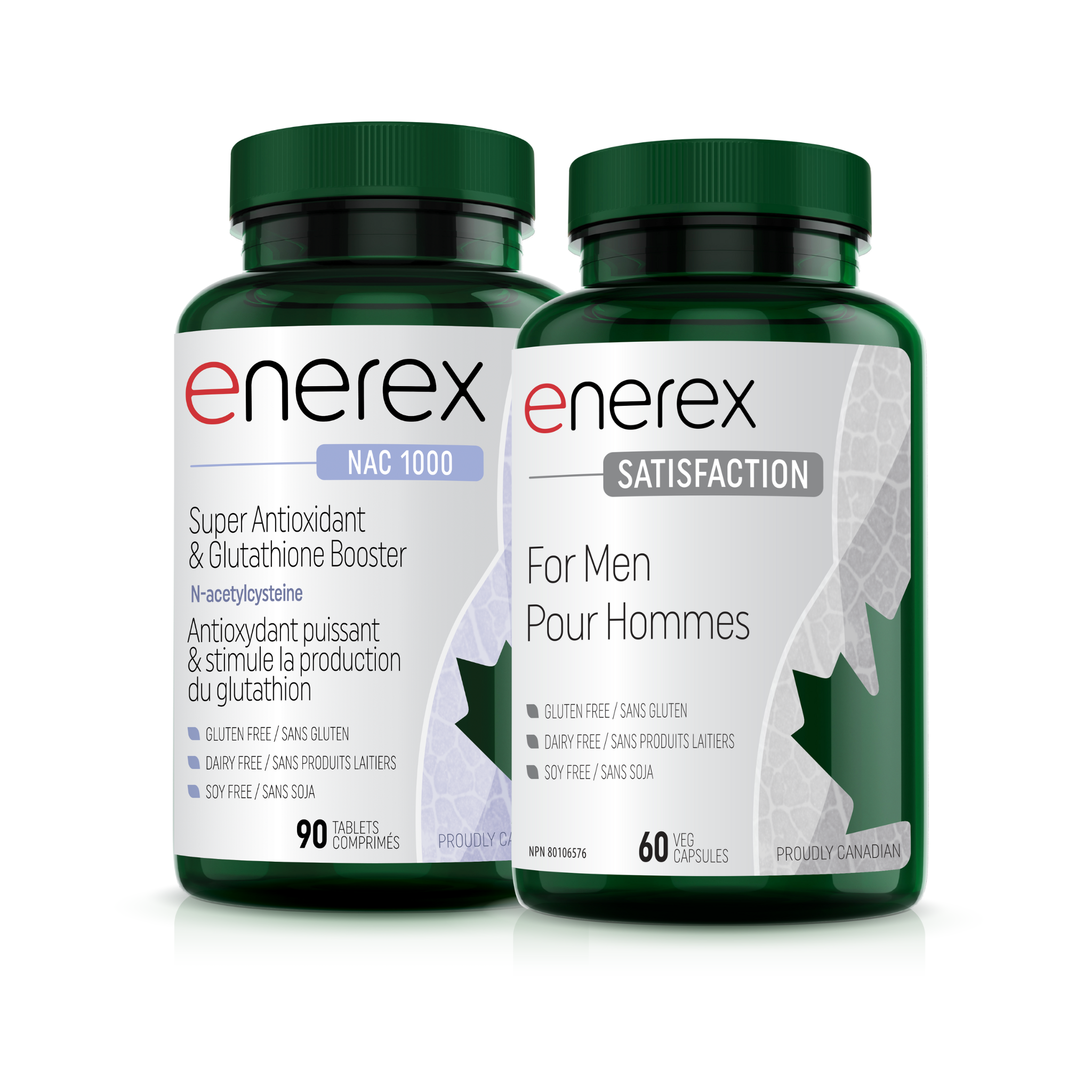
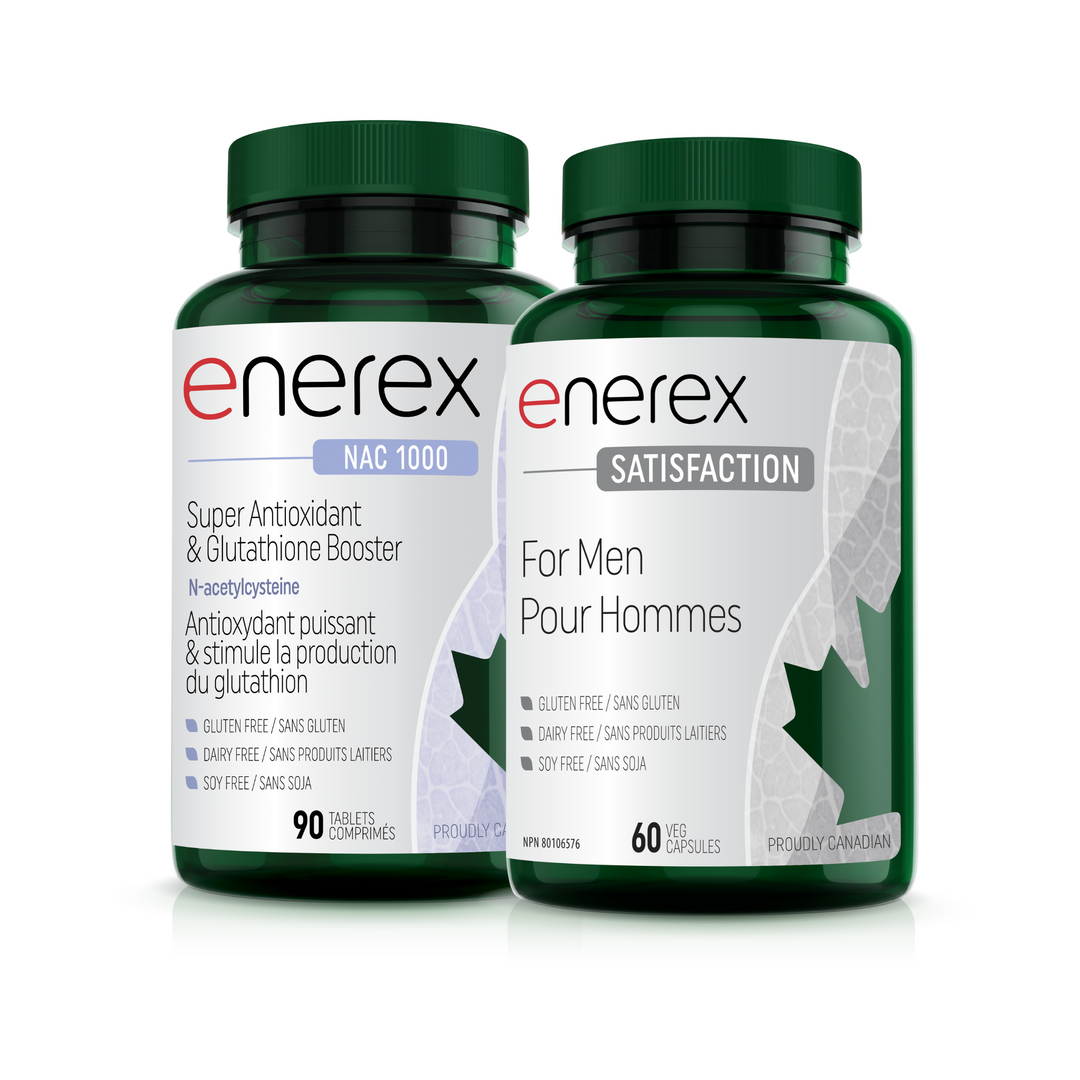
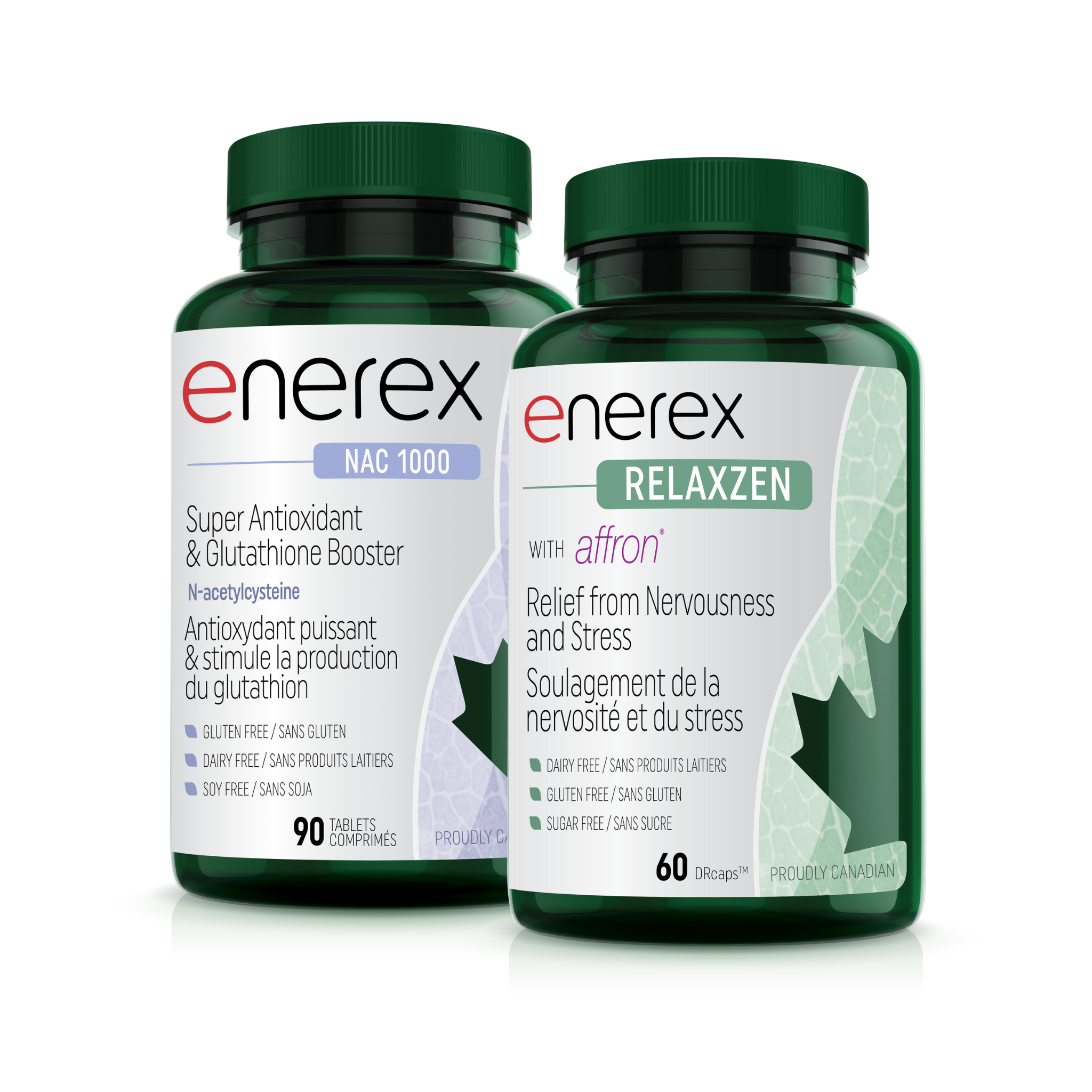
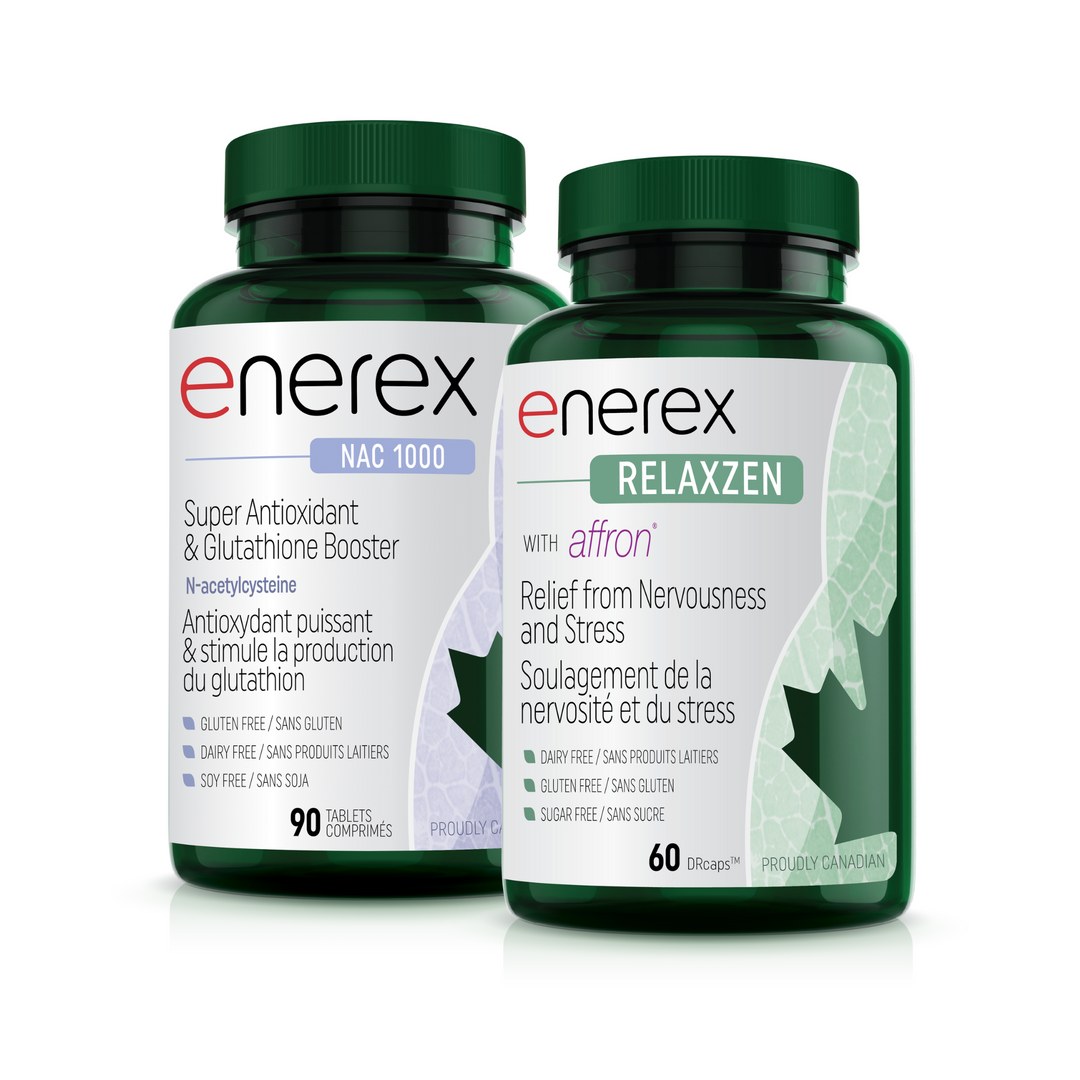
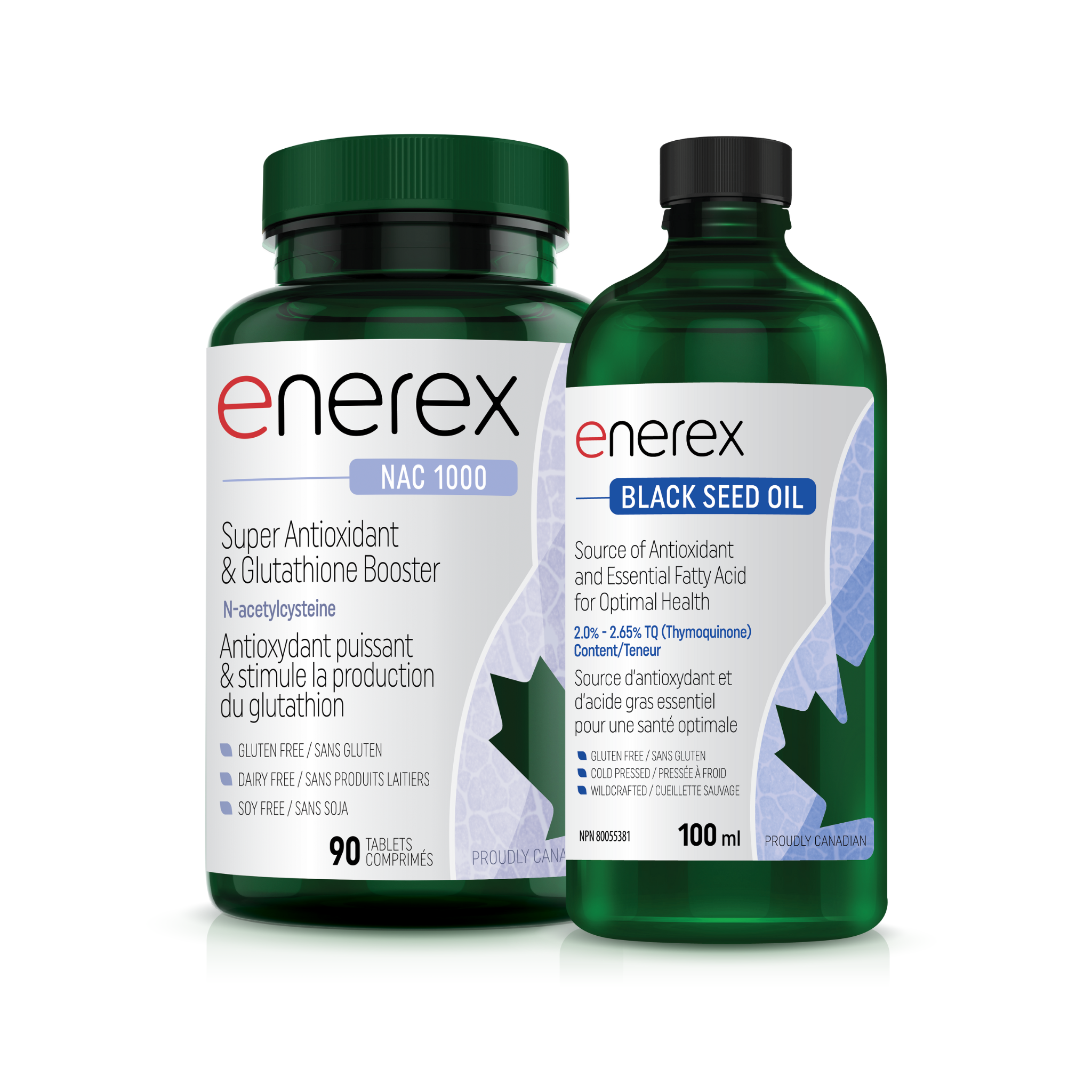
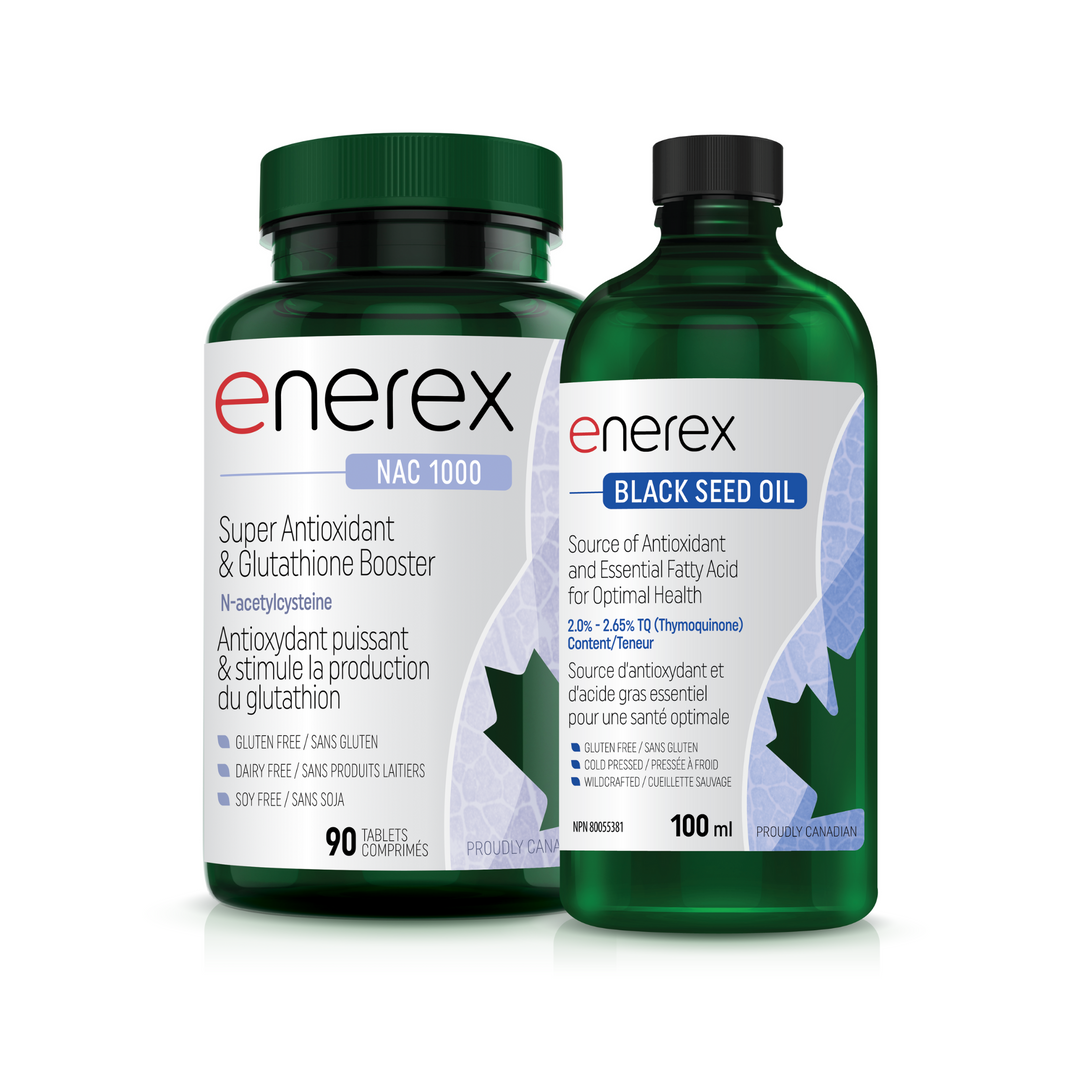
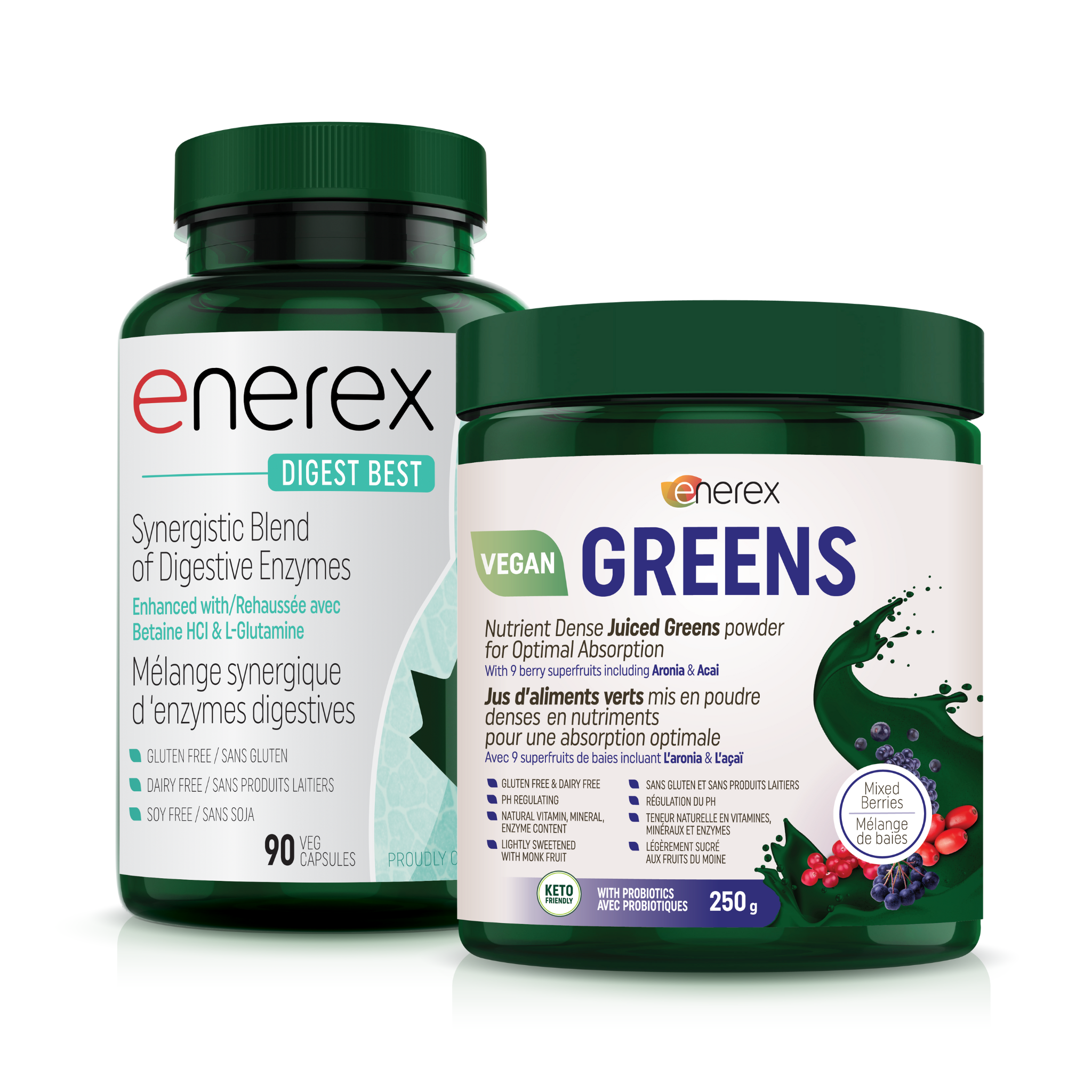
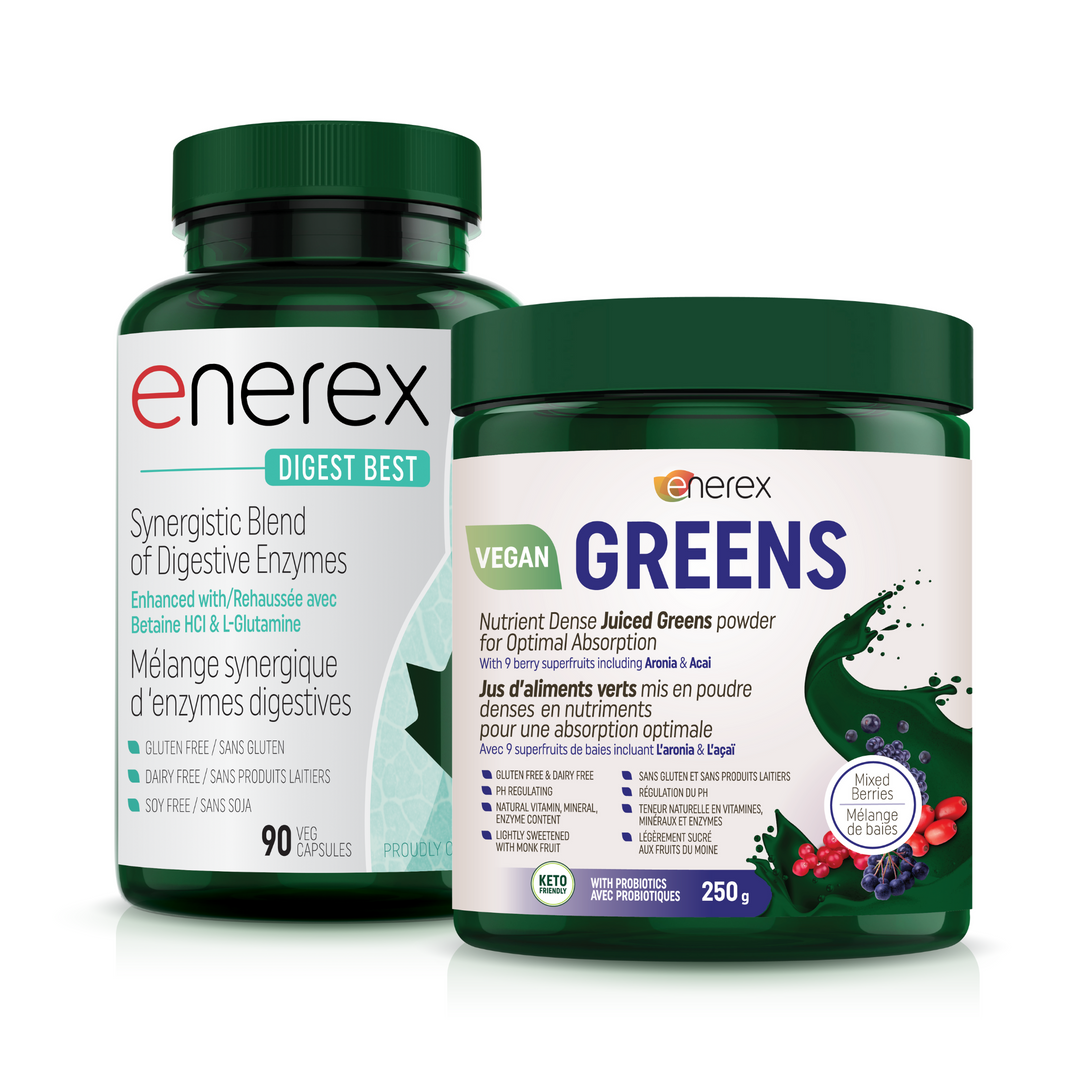
Leave a comment